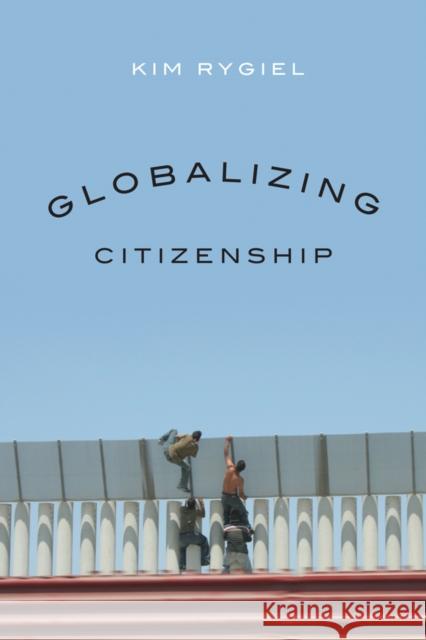Globalizing Citizenship » książka
Globalizing Citizenship
ISBN-13: 9780774818049 / Angielski / Twarda / 2010 / 272 str.
Globalizing Citizenship
ISBN-13: 9780774818049 / Angielski / Twarda / 2010 / 272 str.
(netto: 144,31 VAT: 5%)
Najniższa cena z 30 dni: 148,68
ok. 22 dni roboczych.
Darmowa dostawa!
The events of 9/11 and its aftermath exposed and enhanced tensions between the global capitalist system and the territorial nation-state. Governments and policy-makers more than ever struggle to govern populations and manage cross-border traffic without building new barriers to trade and commerce. What does citizenship mean in an era of heightened globalization and enhanced security? Is it in crisis?In Globalizing Citizenship, Kim Rygiel explores these questions by examining border and detention policies in the United States, the United Kingdom, Canada, and Australia as part of a larger politics of citizenship, one that preceded 9/11. Building on Foucault's concept of biopolitics, she argues that citizenship is becoming a globalizing regime to govern mobility and access to rights and resources as nations in the global North harmonize border and detention policies, outsource state functions and power to international organizations and private companies, and rely on technologies to discipline the individual biological body.This theoretically sophisticated and empirically grounded study of border controls and detention practices reveals that the new mobility regime is not only deepening boundaries based on race, class, and gender, it is causing Western nations to embrace a more technocratic, depoliticized understanding of citizenship.











